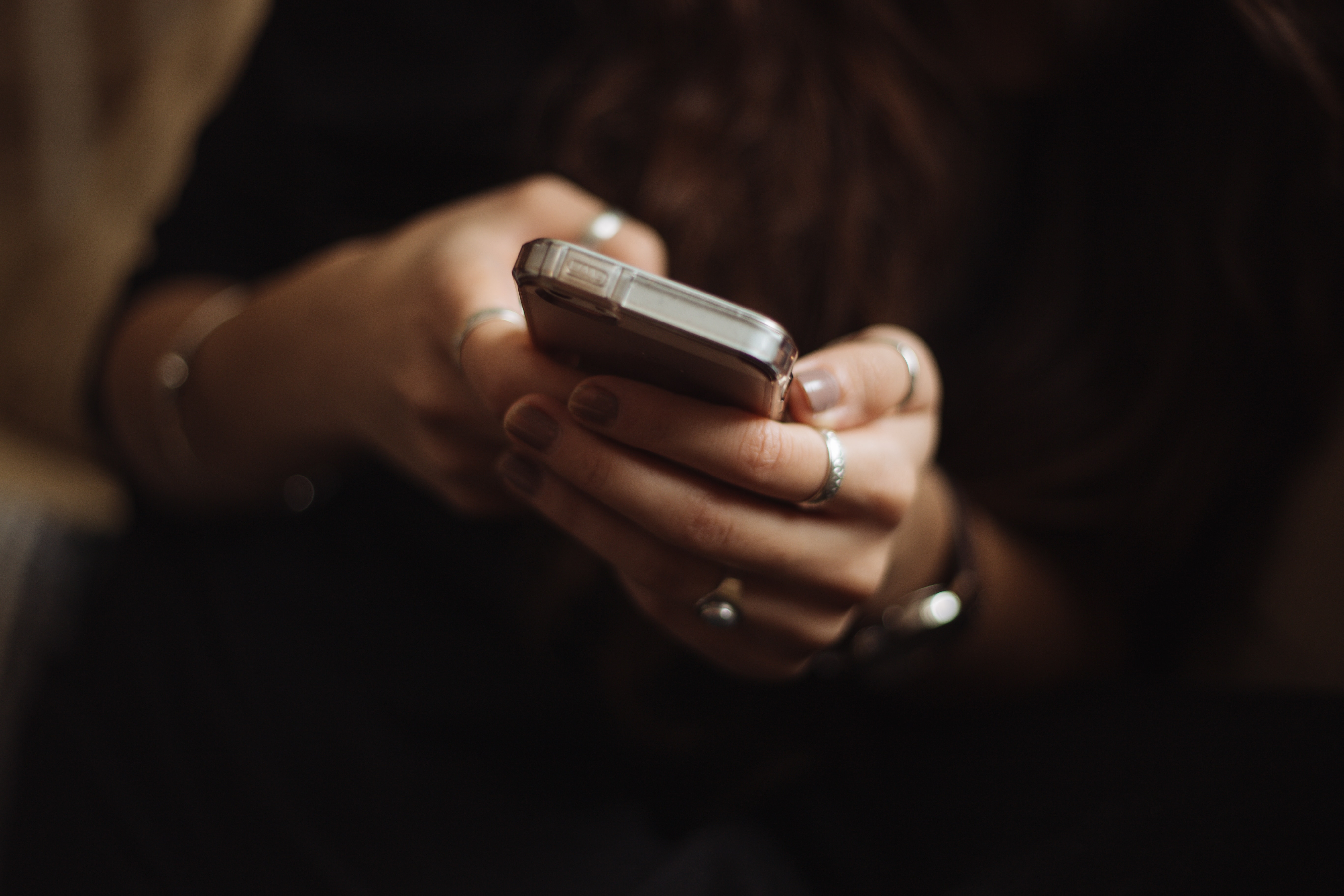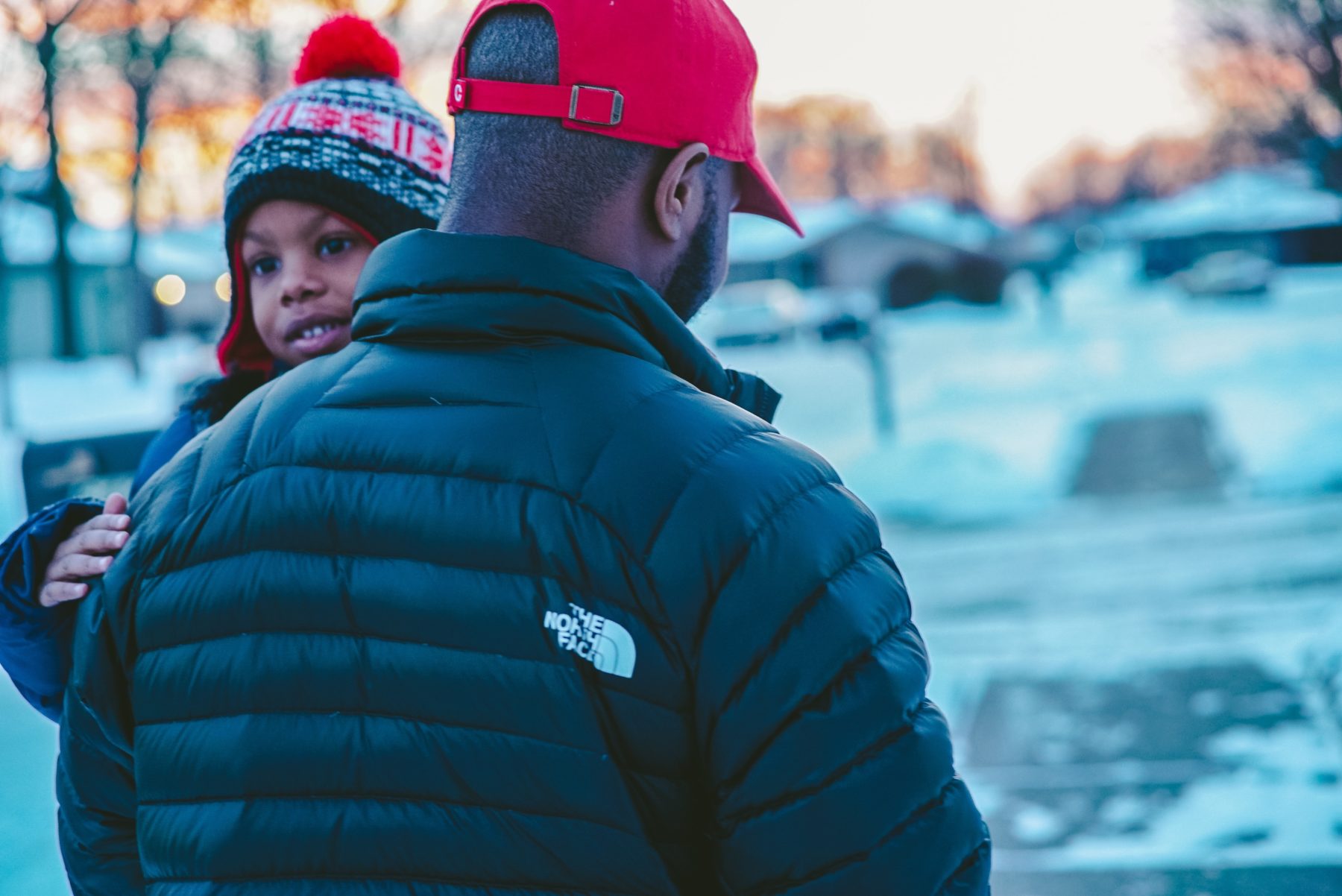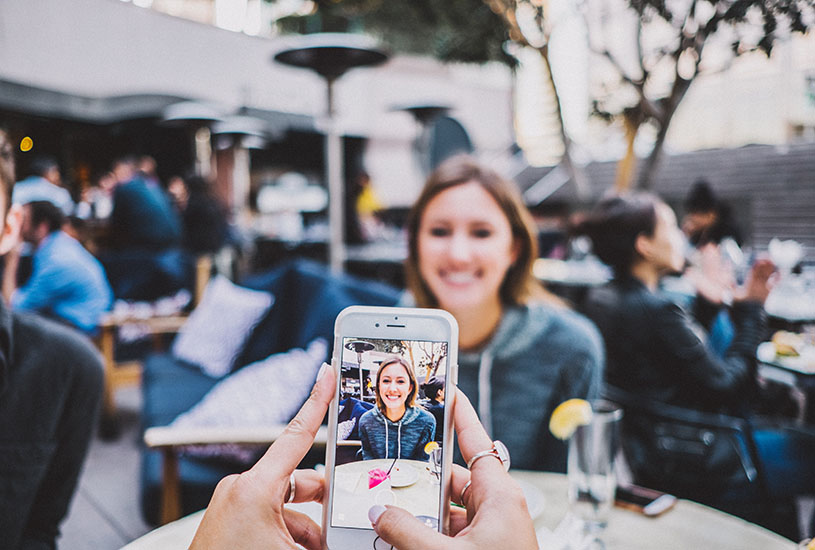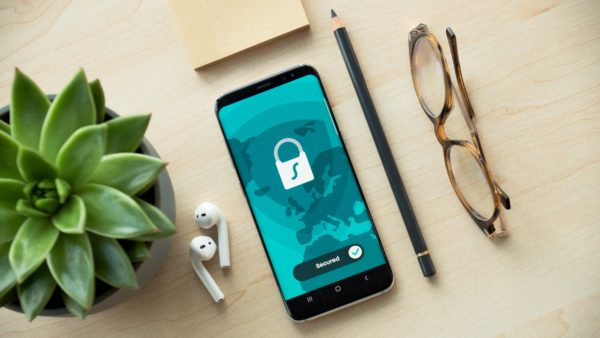Is it okay for parents to post images of their children online without consent?
The excuse – ‘I’m the parent you’re my child, you’ll do what I say!’ – has become an all too common turn of phrase. But when it comes to posting images online does this same thought process apply?
Parents have always delighted in exploiting their kid’s embarrassment for their personal gain. This may seem like a ‘bit of fun’ when flicking through an old photo album or watching back a series of home videos.

But when it comes to posting online; the exploits are going beyond simple family banter.
It’s entering the realm of real endangerment to a child’s future and safety.
Pleading with a parent to get rid of an embarrassing photo is something we have all experienced.
In an age where social image seems to be everything we will do anything to keep our public dignity intact.
So when a parent violates this by posting an image online, children are liable to get quite mad.
The dangers of social media exploitation
Unfortunately, children growing up in our post-privacy world might assume that they have no right to keep their data private.
Dr Toija Cinque from Deakin University’s Faculty of Arts and Education sees a day “in the not too distant future where some young people sue their parents for the images shared without their consent as children.”

She expresses her concerns that a number of parents aren’t taking enough consideration when posting images of their children online for the world to see.
“We don’t always realise that ‘delete’ does not mean the complete erasure of a digital image or comment.”
These images can be accessed by anyone, even after the initial post is removed from the web.
Dr Cinque thinks that some of the responsibility should also be pushed back onto regulators and service providers to deliver understandable information.
“We can’t all be experts in Privacy, Consumer Law, Counselling Psychology or IT (expertise necessary for comprehending the implications of many service providers’ Terms of Agreement).”
This is crucial so that children and parents can give informed consent.
Consent is everything
Dr Cinque explains that consent is always very important and that “children do have rights, but it is also a matter of being respectful.”
She suggests that when an underage person is asked permission for their photo to be used it “potentially engages them in critical thought about whether or not they do want to share something and the reasons for doing so.”

This applies to anyone giving consent.
Dr Cinque also warns against the unintended consequences of posting images online.
“We are aware of such profiles being trolled or misappropriated.” to which she adds “can be embarrassing or detrimental to one’s future career prospects.”
An example of this behaviour came from a student in one of Dr Cinque’s Media classes. She was asked to do a Google search of her own name and found a fake Facebook profile using her name and picture.
“Posts were vague, but did not concern the student. They did, though, feel vulnerable that this had happened.”
Dr Cinque explains that “The fake site was made by taking a screenshot of the person’s photo on their real FB page.”
The student immediately contacted Facebook and were told that “the real page they created was set as ‘public’ and that FB would not have the ‘imposter’ page taken down.”

Posting images of minors without consent can also lead to detrimental effects on their mental health. Dr Cinque suggests that the response to this content can vary.
“Using children to develop an online business strategy via ‘likes,’ or Youtube videos of adorable children unwrapping gifts to get yet more toys and corporate sponsorship; can for some be disempowering over time, but for others a lot of fun.”
Dr Cinque presses that “respect for young people and allowing their opinions to be heard is important.”
How to keep children safe online
Sharing online can be a tricky field to navigate.
Knowing what is considered appropriate and what is considered not appropriate can sometimes feel blurred.

Dr Cinque advises “just don’t share because once an image or comment goes online, we have very little control over where is ends up or what happens to it.”
She does acknowledge that this can be hard for many people to decipher.
If it is desirable to share content, Dr Cinque suggests to “ask young people how they would feel about their image/s going online in a closed group in the first instance before posting.”
This allows young people to develop the conversation around appropriate digital media practice.



